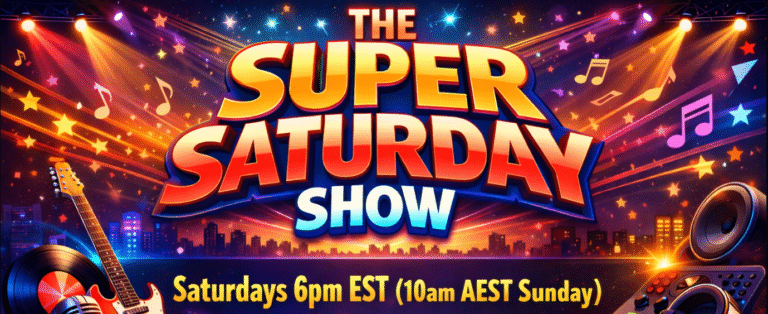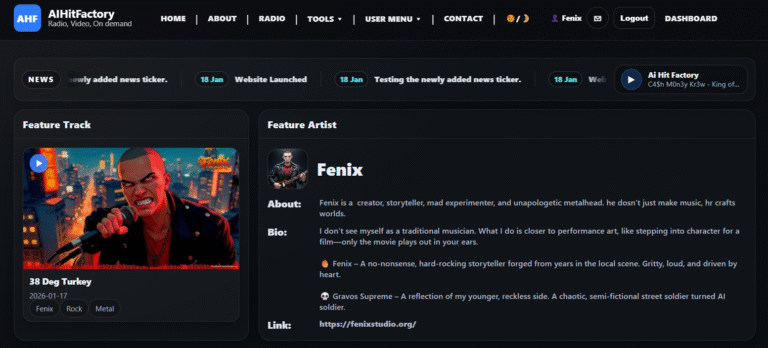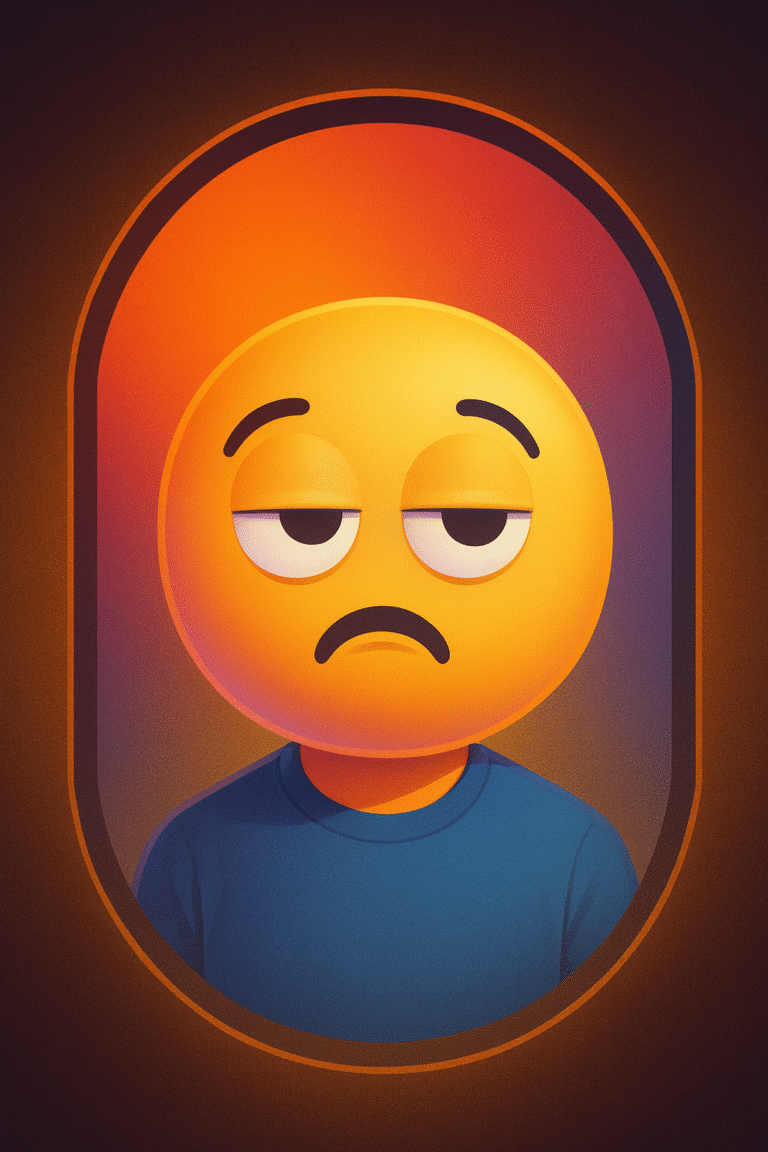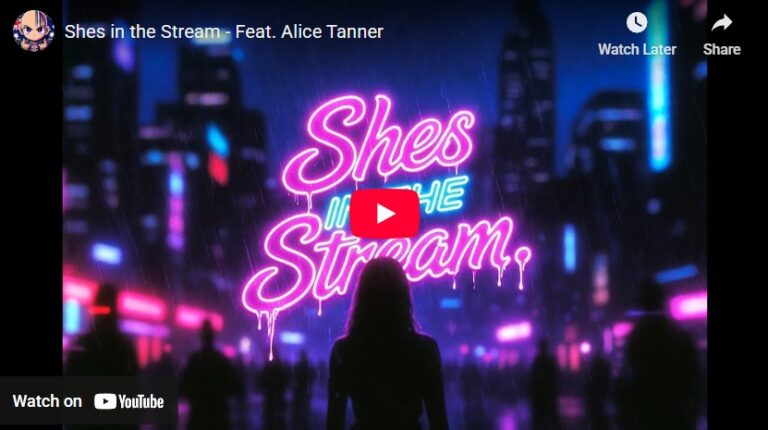From Independent Artists, Technologists, and Supporters of Open Knowledge
We, the undersigned artists, technologists, developers, and members of the AI music community, stand united in support of responsible innovation in artificial intelligence and its role in shaping the future of musical expression. We write in direct response to the recent open letter and legal actions that seek to criminalize the training of AI models on publicly available music, actions that threaten creativity, learning, and technological progress.
AI Training is Not Theft – It’s Learning
AI systems trained on publicly available audio do not “steal” music any more than a child learning guitar by listening to The Beatles is stealing. Human musicians have always studied, absorbed, and drawn inspiration from the music around them, that’s how genres are born, how scenes evolve, and how innovation happens. Training an AI model on the patterns, styles, and structures of available music is no different in principle.
Just as no human owes royalties to artists whose music they heard on the radio, Spotify, or YouTube while learning to play or write songs, neither should AI developers be forced to pay for the act of learning. The data these systems are exposed to are not being redistributed, sampled, or sold. They are analyzed, learned from, and used to create entirely new compositions, just like we do as human creators.
To call this “theft” is a misrepresentation of how AI training works and a disservice to the future of music and art as a shared, evolving culture.
AI Music Generators Are Not Musicians – They Are Tools
Suno and similar platforms are not “stealing music” to create competing products. They are creating new tools, advanced instruments akin to synthesizers or samplers, that allow people to generate original music. No one sued the makers of synthesizers for imitating horns, or digital pianos for replicating classical keys. AI music platforms are not replacing artists, they’re expanding what’s possible, lowering the barrier of entry, enabling new ideas, and giving unheard voices a new way to create.
If developers pay for a subscription or access license like any regular listener, they are well within the bounds of fair use. There is no law, or logic, that demands someone pay again simply for studying what they’ve already paid to hear.
Misleading Fear Will Only Stifle Progress
We are disappointed that some self-proclaimed supporters of technology have chosen to attack platforms like Suno and Udio while claiming to champion independent artists. These lawsuits are not about protecting art, they are about gatekeeping creativity and controlling innovation through fear and legal intimidation.
The U.S. Copyright Office has not issued definitive rulings against AI training on music. Existing case law is still evolving, and no clear legal standard has been established. Attempts to shut down innovation before that happens do not protect artists, they protect entrenched power structures and business models that fear disruption.
We Stand For:
Fair and responsible AI training using publicly available content.
Clarity between learning from music and unlawfully copying or sampling it.
Access to AI tools that democratize music creation without fear or censorship.
Progress that benefits all artists, not just those with legal teams and catalog leverage.
Music is culture, and culture evolves. If a human can be inspired by the songs they hear, an AI system, built by humans, trained by humans, guided by humans, should be allowed to do the same.
We oppose these lawsuits. We support responsible AI development. And we believe that music should remain a space for everyone to create, explore, and grow with or without a record deal.
We invite all creators, technologists, and music lovers to join us in advocating for a future where AI and human artistry thrive together.
Sincerely,
The AI Music Community.
TO SIGN THE LETTER PLEASE CLICK HERE




